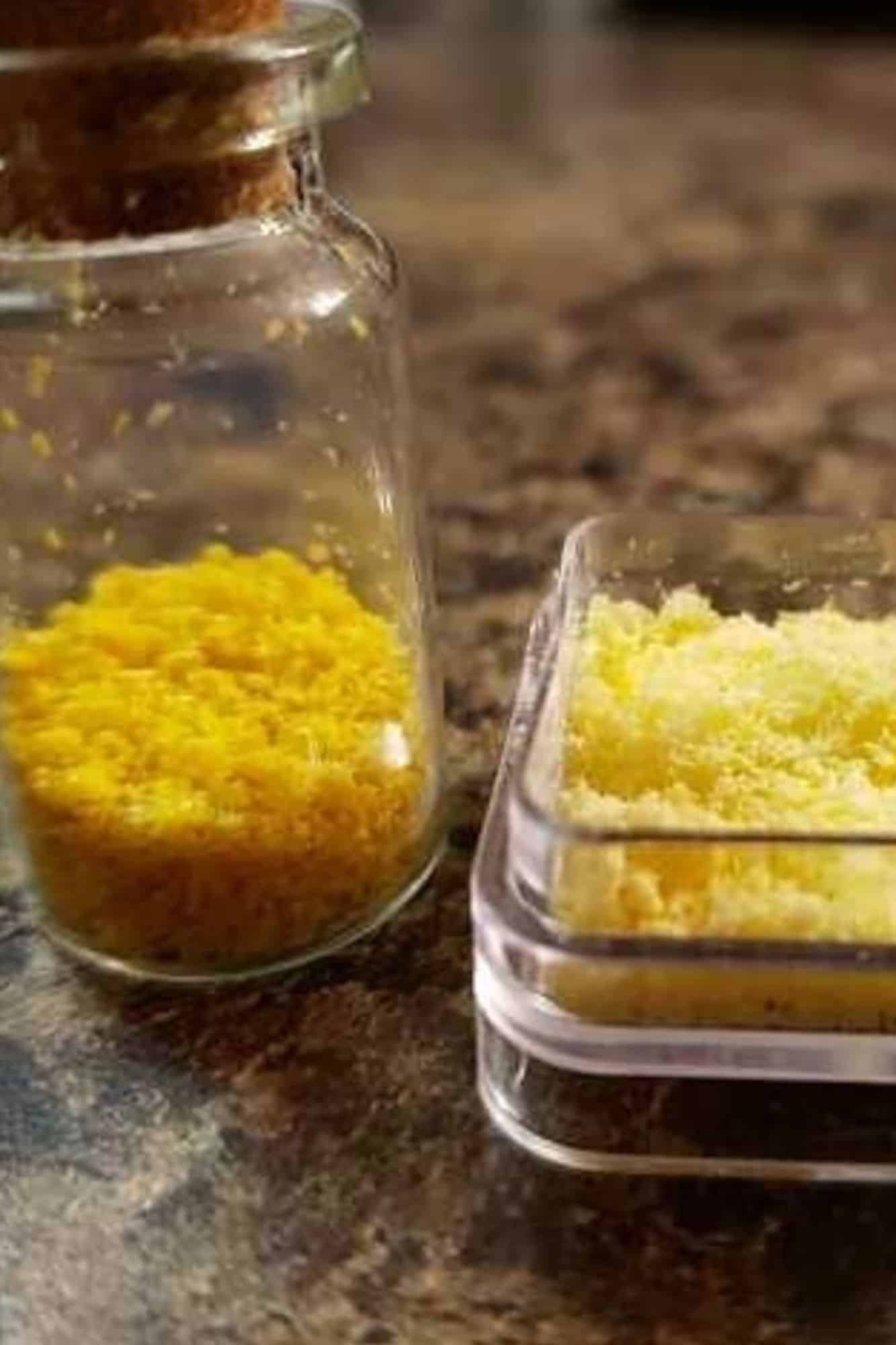Home / DMT

Today, substance use and mental health problems are at an all-time high, causing untold pain and suffering for people and their loved ones. Traditional treatments have worked for many people, but there’s still a need for new solutions that can change the way we tackle these complex issues. And that’s where DMT comes in. DMT, also known as DMT-1, is a psychedelic compound found naturally in a wide variety of plants and animals.
DMT has a long history of being mysterious and stigmatized due to its association with psychedelic experiences and religious rituals. However, research and anecdotal evidence suggests that DMT may have the potential to revolutionise the treatment of substance use and mental health issues.
One of the first steps when seeking treatment for substance abuse is the detoxification process. Here you are medically supervised and managed through withdrawal process to rid the body of drugs & alcohol.
Residential inpatient treatment is when a client lives on-site 24 hours a day, 7 days a week while receiving intensive inpatient treatment. Learn more about inpatient treatment and how it can help you on your journey.
The partial day program at Avisa Recovery combines the best of aspects inpatient and outpatient treatment to form a hybrid program that allows you to experience inpatient therapies on an outpatient basis.
Find out why the innovative intensive outpatient program at Avisa Recovery is your best choice when seeking an outpatient addiction treatment program in Ocean County, New Jersey.
Our outpatient program will enable your professional life to become limitless. We offer the tools for you to become the best you can be while being sober! If you’re in Ocean County, don’t wait another day to start your recovery.
The family program at Avisa Recovery is an integral part of our programming. Family therapy is an essential part of the recovery process because it allows members of the entire family system to learn how to recover as a unit while supporting their loved-one in recovery.
"*" indicates required fields
DMT, or N (N-Dimethyltryptamine), is a white powder that contains the chemical DMT. Although physical addiction to it is less likely than other drugs, psychological addiction can develop and require professional treatment at a drug treatment center.
While it has fewer side effects than other psychedelics, there are still a number of potentially serious side effects, including:
Avisa Recovery does not accept Medicare or Medicaid as payment for substance abuse treatment.

Let us handle the details so you can focus on the help you need.
DMT is found in a variety of plants, including ayahuasca. Ayahuasca is a brew brewed by indigenous peoples in the Amazon that has long been used for spiritual and healing purposes. DMT has a long history of being used in various cultures and spiritual practices for centuries.
It has been used in shamanic ceremonies to help people communicate with higher realms and gain knowledge about the meaning of life.
DMT is one of the most powerful psychedelic compounds on the planet. To understand how it can be used for therapeutic purposes, it’s important to first understand how it affects the brain’s serotonin receptors. The serotonin receptors in your brain are responsible for many of your day-to-day cognitive functions. In particular, they are the receptors that allow your brain to send signals to other parts of your brain, such as your brain’s neurotransmitters.
When those signals are sent to the serotonin receptors, those receptors in your brain respond to the DMT. The DMT receptors in your brain interact with these receptors, which in turn send signals to other receptors in your brain. These receptors are responsible for sending signals that can cause you to experience different states of consciousness.
Some of these states of consciousness include:
Visual hallucinations
Auditory hallucinations
The effects of DMT on substance use and mental health issues are believed to be complex. One of the most important effects of DMT is the induction of deep spiritual experiences. These experiences are often characterized by a sense of unity, connection, and transcendence. These experiences can lead to increased awareness, personal growth, and emotional recovery.
As with any medical procedure, DMT treatment comes with its share of risks and adverse reactions. It is important to understand and reduce these risks to ensure patient safety and health. The most common adverse reactions to DMT treatment are heart palpitations, hypertension, and anxiety. However, serious adverse reactions are rare when administered in a controlled environment by trained professionals.
DMT has the potential to be a game-changer in the treatment of substance use and mental health issues. While further research is necessary to fully understand how DMT works and how it can be used to improve treatment outcomes, the initial results are promising. With the increasing interest and backing from mental health experts and scientists, we may be on the verge of making a breakthrough in tackling these complex problems.
As we progress, it is important to use DMT responsibly, in controlled environments, and in combination with evidence-based therapies. Unlocking the power of DMT can provide hope and healing to people and families struggling with substance use and mental health issues.
Addiction to Adderall can be really tough, but it’s possible to get out of the rut and find a better way. It’s important to get help, build a support system, and live a healthy lifestyle. If you have the right help and resources, you can beat addiction and get your life back. Don’t forget that you’re not the only one, and there’s hope for the future.